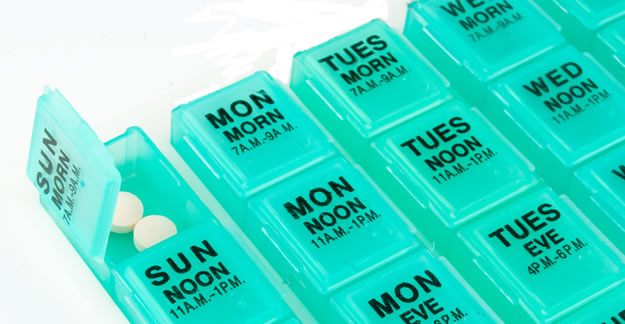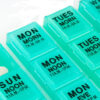Too many people have no idea when and how to take their medicine. That’s not OK. Serious drugs need serious management.
Nearly half of parents admit they don’t understand how and when to give their children asthma medicine. How is that OK with parents?
Asthma meds aren’t unusually confusing. If this study was expanded to drugs for diabetes, heart issues or whatever, I bet the results would be the same. How is that OK with anyone?
Medicine given at the wrong time or in the wrong dosage is much worse than useless: Too much could trigger adverse events — side effects — that aren’t expected and might not be recoverable. Too little and the drug is ineffective. In short, you could be killing your child or yourself by over- or under-medicating.
And yet it’s easy to make mistakes, particularly if taking more than one pill or supplement. Instructions are given by the health care provider often when the patient isn’t feeling well or is worried. It might seem clear in the office, but at home questions arise. Over time, instructions might be not be remembered. What can you do? Ask questions.
Questions to Ask Medicine
Here are typical and good questions to ask even if you’ve been taking a medicine (or several) for years:
For short-term drugs: Should I finish the bottle or stop when I feel better? If there are refills authorized, should I refill and continue taking?
If you’re taking more than one medicine or if you’re taking supplements and vitamin pills too, make sure to ask if you can take them all at once or if you have to take them separately.
If you don’t feel that the medicine is making you better, call your doctor before you stop taking it. It might need some time to be effective or there might be a better medicine out there for you. Get the care you need.
Add a Routine for Taking Medicine
Make taking needed medicines part of your routine. Include them as part of your bedtime or morning routine. Set a daily alarm on your phone to remind you or try an app if you have several times a day to take different pills.
Put medicines where you’ll see them when you need them. If you take them with food, then put the pill bottle on your dinner table. If in the morning, next to your coffee or tea pot. Pills don’t have to live in your medicine cabinet. In fact, that’s a bad place to store medicines because of the humidity and because they are accessible to anyone.
If you confuse your pills, keep them in different places and in different color containers. Put your own sticky label on the jar. Or place your pills in daily dosing containers (the kind with the days of the week on them).
If you’re not taking your medicines because they make you feel nauseous/constipated/headachey/tired, tell your doctor. Sometimes you can easily avoid those side effects by taking them with food, or a full glass of water, or caffeine or before bed.
Don’t Skip Your Medicine Because of Cost — Ask Your Pharmacist
If you can’t afford your medicines, tell your healthcare provider and your pharmacist. There might be less expensive alternatives or a program for discounts on your med from the pharmaceutical company. Many states have drug assistance programs.
Whatever you are prescribed, be aware that medicines are strong chemicals that will interact with your body’s systems. You want to maximize the benefits and minimize the side effects.
Remember, it’s not OK to be unsure about when and how to take or give medicines. Take medicine correctly so it can do its job to keep you (or get you) healthy.






